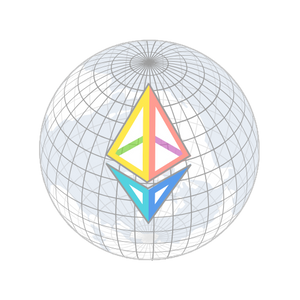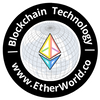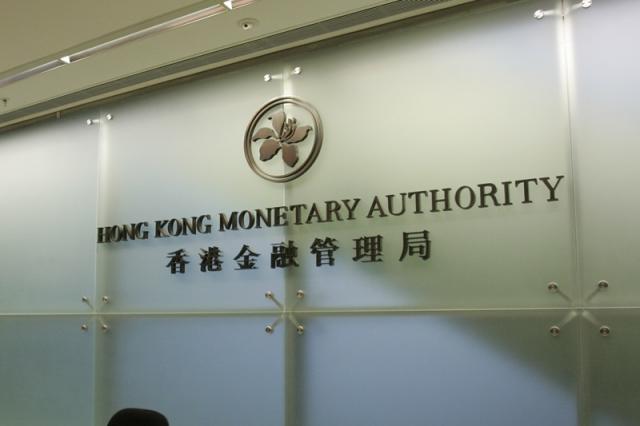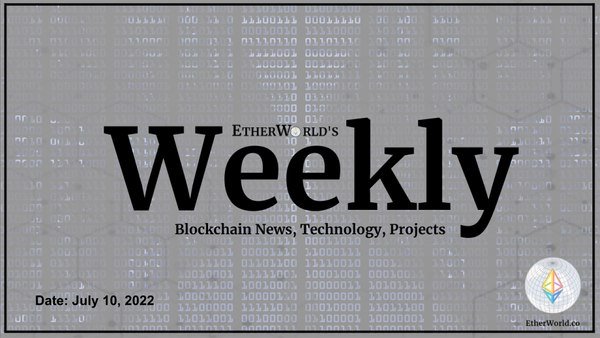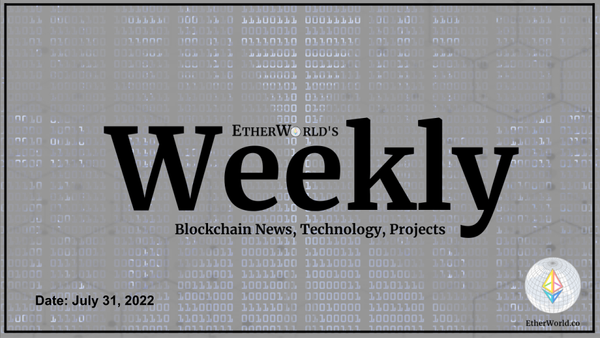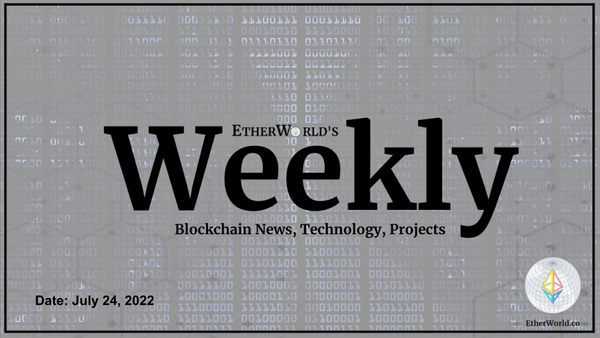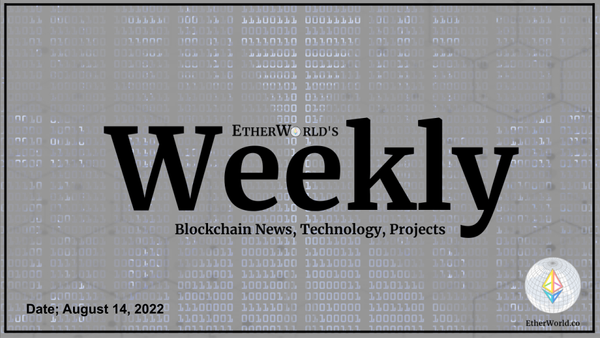In a recent press release, Deloitte announced developing a Distributed Ledger Technology (blockchain) proof of concept (PoC) for Trade Finance in association with the Hong Kong Monetary Authority (HKMA) and the leading trade finance banks (industry participants) in Hong Kong. Deloitte has developed more than 30 blockchain-related prototypes, covering a multitude of uses such as digital identity, digital banking, cross-border payments, trade finance, and loyalty and rewards solutions, as well as distinct efforts for the investment management and insurance sectors.
Industry participants include: Bank of China (Hong Kong) Limited, The Bank of East Asia, Limited, Hang Seng Bank Limited, the Hong Kong and Shanghai Banking Corporation Limited (HSBC) and Standard Chartered Bank (Hong Kong) Limited.
The project focuses to create a DLT platform for banks, buyers and sellers, and logistics companies. Usage of blockchain (DLT) for trade finance in Hong Kong financial institutions will strengthen them by overcoming the “Trust” issue.
“Nearly half of the trade transactions in Hong Kong fail to obtain financing due to the lack of trust and potential fraudulent loss,” said Paul Sin, a partner with Deloitte China who leads the FinTech practice. “We are glad that HKMA and the leading banks in Hong Kong are driving the use of DLT to infuse transparency and trust into the ecosystem, not to mention the potential productivity gain in the currently labour-intensive process. With great vision and determination, Hong Kong is well positioned to lead the region on trade finance DLT application. ”
The project will reduce the risk of fraudulent trade & duplicate financing, improve the transparency of the transactions and digitize the process through smart contracts. This project has also explored the implications of DLT from the dimension of operations, legal, regulatory, governance and data security.
Executive Director of the HKMA, Li Shu-pui said: “We are very pleased to see this industry-led fintech effort on trade finance. The proof of concept result has shown the potential of using Distributed Ledger Technology for trade finance though there are still a number of matters such as legal, regulatory and governance issues which need further consideration. We will continue to work with the banking industry to explore the possibility to materialise the value proposition of this proof of concept work. ”
Gautam Jain, Global Head, Digitisation and Client Access, Transaction Banking, Standard Chartered bank, said: “At Standard Chartered, we firmly believe that we can leverage DLT to transform today’s Trade Finance solutions, and deliver improved efficiency and greater transparency to our clients and their ecosystems. This is why we are very excited to be working with HKMA to complete this DLT Smart Contract prototype for Open Account Trade Financing. We see significant potential in the application of Smart Contracts in Trade Finance and will continue to work with industry partners and regulators to make this a reality in the near future.”
HKMA and the Hong Kong Applied Science and Technology Research Institute (ASTRI) produced a white paper on Distributed Ledger Technology on November 11, 2016. For the first time through the white paper, HKMA revealed their willingness to conduct proof-of-concept work in three areas: mortgage loan application, trade finance, and digital identity management.
DLT in other financial regulators
Following the gusts of DLT several other financial regulators are also trying to keep up. Singapore's Central Bank has reported its successful implementation of blockchain in interbank's payments proof-of-concept (PoC) project in March 2017. Monetary Authority of Singapore (MAS) has plans to launch two 'spin-off' projects that will leverage the lessons of the inter-bank payments project. The first project, driven by the Singapore Exchange (SGX), focuses on making the fixed income securities trading and settlement cycle more efficient through DLT. The second project focuses on new methods to conduct cross border payments using central bank digital currency.
In March 2017, the Australian Securities and Investments Commission (ASIC), Australia’s corporate, markets and financial services regulator released an information sheet on DLT, designed to help both ASIC and financial service providers or infrastructure operators evaluate whether the use of DLT would allow an entity to meet its regulatory obligations.
China is conducting trial runs of its own cryptocurrency as reported by Bloomberg. On the other side, to tighten regulation over the digital currency, China's central bank has warned the country's Bitcoin exchanges against margin trading and money laundering.
For more updates, technical blogs and general discussion on Blockchain Technology, Subscribe for weekly newsletter and follow us at Twitter, Facebook, Google+ and Medium. You can also reach us at contact@etherworld.co.
